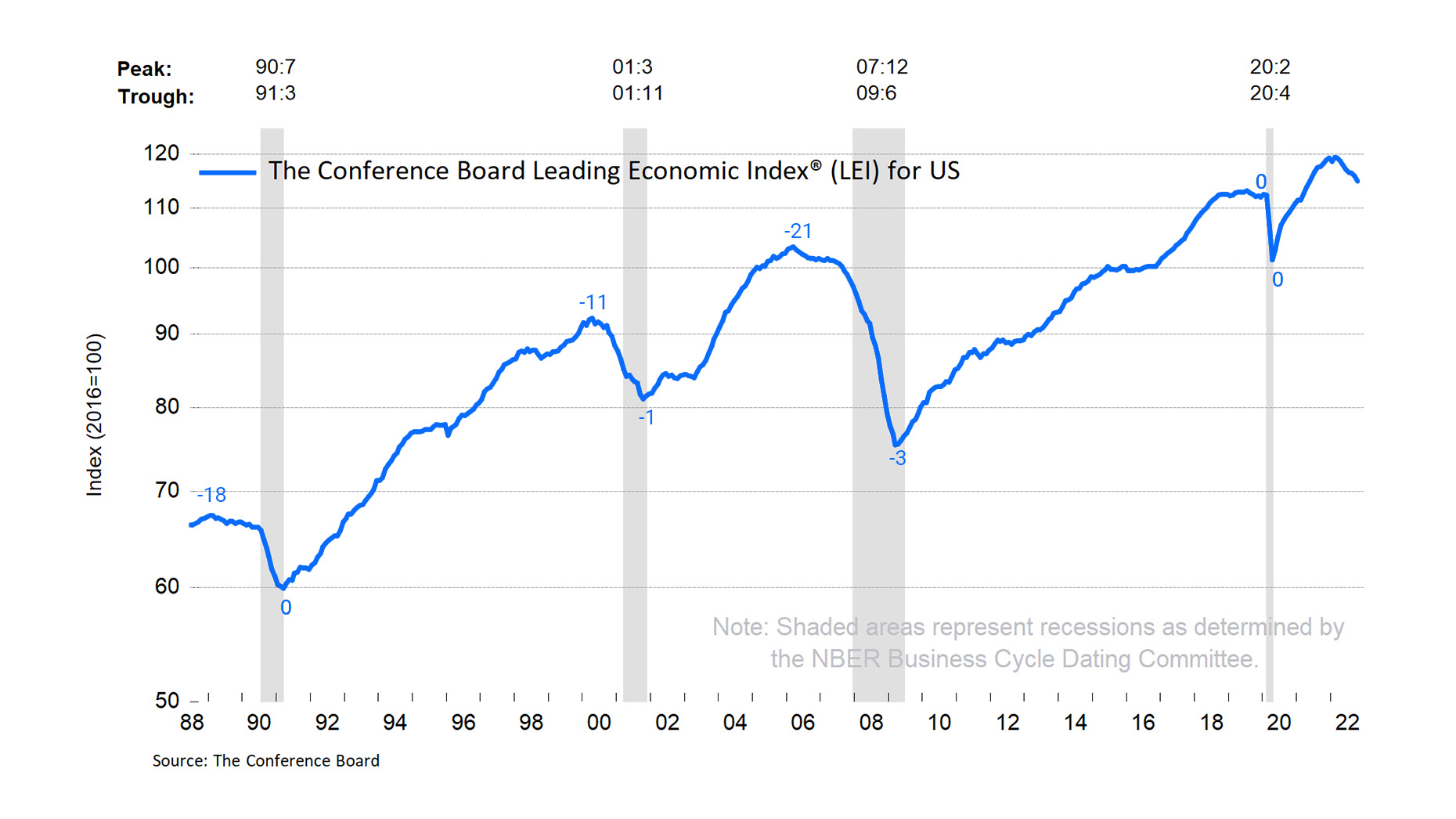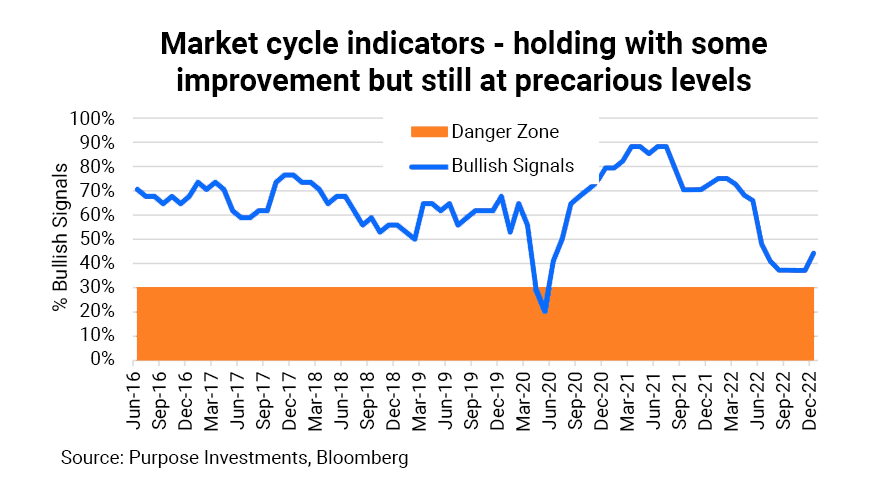
Information provided covers economic trends, forecasting, and investment options that can position financial portfolios to hedge on mitigation factors impacting capital preservation while offering investment growth opportunities in today’s globe.
Key Indicators and Importance of Trends And Forecasting.
Understanding current economic trends and background supporting trends and forecasting is essential. Key indicators help gauge which markets are healthy and stable and those with risk.
Predicting the future is never an exact science; having informed insight into what may happen in the next few months or years is integral to mitigating the impact of economic flux.
Analyzing Economic Indicators To Assess Global Markets
Macroeconomic indicators are essential tools for assessing an economy’s overall health and trends.

They help policymakers, investors, and other stakeholders make informed decisions and implement appropriate policies.
These indicators can be broadly classified into leading, lagging, and coincident indicators.
- Leading indicators are considered the earliest signals for forecasting economic changes and are usually used to predict potential shifts in the overall economic climate.
For instance, the Leading Economic Index (LEI) tracked by the Conference Board provides valuable insights into the direction of the US economy. While the LEI peaked in February 2022, it takes time to recognize peaks fully, and this can result in delays of up to six months.
However, despite the lag, the LEI is essential for understanding the economy and preparing for possible changes. As such, policymakers and business leaders closely monitor this key metric to inform their decision-making.

- Lagging indicators assess the economy’s performance and confirm the existing trend. They are used to analyze longer-term economic developments or to create a baseline for understanding the impact of new policy decisions. Look at Bloomberg’s lagging indicators of how the 2023 recession might look like.
- Coincident indicators change concurrently with the overall economy, providing real-time information about economic activity. They can help identify the economy’seconomy’s health and estimate the progress of an ongoing business cycle.
In addition to analyzing macroeconomic indicators, other essential factors need to be considered.
Factors such as political stability, infrastructure development, and investment opportunities should be part of your research when determining how you want to allocate capital to achieve your financial goals.
Political stability, infrastructure development, and investment opportunities are:
- Essential pillars for a country economic growth.
- Serving as catalysts for job creation.
- Poverty reduction.
- Innovation.
By factoring in these elements before investing, you will be better prepared to make educated decisions and increase the chances of long-term investment success.
Introducing The Concept Of Real Estate Investing Amidst Global Economic Fluctuation
In recent years, the world has experienced significant economic fluctuations driven by several factors, such as trade, political instability, and global health crises.
Despite these uncertainties, real estate investing has remained a viable and lucrative option for all investors.
The resilience of the real estate market amidst economic uncertainty provides investors with opportunities to secure their finances and strengthen their portfolios, making it a crucial aspect of contemporary investment landscapes.
Real estate offers the advantage of yielding stable long-term returns through rental income and property appreciation, attracting corporations and individuals seeking to build wealth.
By staying current on global economic trends and leveraging essential resources, investors can adapt to market fluctuations and make strategic decisions to ensure sustainable growth and financial success in real estate investing.
Effective Strategies For Minimizing The Impact Of Inflation On Your Investment
Inflation can erode the value of your investment, but there are effective strategies for minimizing its impact through private real estate investment. Here are some ways to do it:
- Syndication: This is where investors pool their funds for a specific real estate project. By investing in a real estate syndication, you can hedge against inflation, as real estate values have historically increased faster than the general price level.
- Private Equity Fund: A private equity fund allows investors to invest in a pool of real estate conversion projects targeting high growth potential. This strategy can be used to hedge against inflation. However, it is important to note that the performance of these types of funds can have risk, like all investments, and may only be suitable for some investors.
- Private Debt Fund investing provides an opportunity to invest in debt issued by investment properties. This strategy can also be used to hedge against inflation, as the returns are typically tied to the performance of the borrower rather than inflation. Private debt funds can provide investors with consistent scheduled payments, making them a suitable investment for those seeking income.
- Multifamily Real Estate investing can hedge against inflation as rents and property values increase through new development or redevelopment . The income generated from multifamily rental property assets can increase as well.
Bottom Line
Navigating the unpredictable waters of today’s global economy can be challenging for investors. With numerous factors contributing to fluctuations in the financial market, individuals must stay informed, plan, and make well-informed decisions to safeguard their investments.
One proven strategy against the negative impact of inflation on investments is exploring the potential of real estate investing. Real estate’s stability and tangible nature make it a valuable asset amidst global economic uncertainties.
Historical data has consistently shown that real estate investments provide attractive returns and long-term capital appreciation, making them more resilient to fluctuations than other asset classes.
Of course, investing in real estate should not be taken lightly. Investors must conduct thorough research and due diligence before diving into any venture.
By staying informed, being more knowledgeable, and adapting strategies based on the ever-changing economic landscape, investors can effectively mitigate the risks associated with fluctuations in the global economy and safeguard their financial futures.
Resource:
Investopedia
https://www.investopedia.com/terms/e/economic-forecasting.asp
https://www.investopedia.com/terms/e/economic_indicator.asp
The Conference Board
https://www.conference-board.org/topics/recession/Leading-Indicators-Recession
See it Market
https://www.seeitmarket.com/2023-united-states-recession-none-soft-or-hard/
World Economic Forum
https://www.weforum.org/agenda/2023/01/global-economy-numbers-snapshot/
https://www.weforum.org/agenda/2022/11/how-can-real-estate-become-more-resilient/








